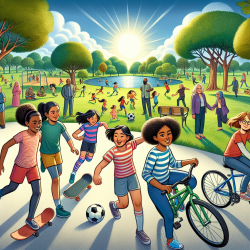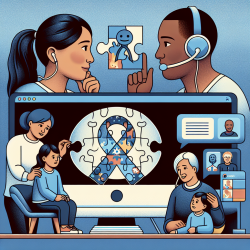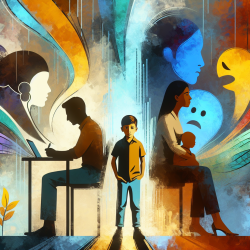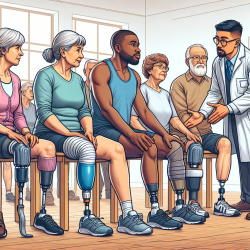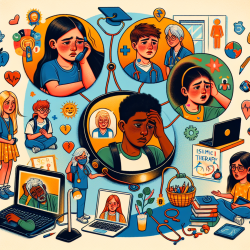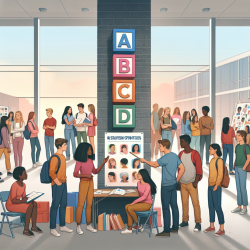Introduction
In the realm of youth development, integrating physical activity with life skills education has shown promising results in fostering both physical and psychosocial growth. The "Girls Just Wanna Have Fun" (GJWHF) program exemplifies this approach by providing female youth with opportunities to engage in physical activities while developing essential life skills. This blog explores the findings of a process evaluation of the GJWHF program, offering insights for practitioners aiming to enhance their programs and outcomes.
Program Overview
The GJWHF program was designed to address the gap in physical activity programming for female youth. It integrates a Positive Youth Development (PYD) framework, focusing on empowering young girls through activities that promote leadership, communication, and self-regulation. The program's success lies in its ability to create a supportive environment where girls can thrive both physically and socially.
Key Findings
The evaluation of the GJWHF program highlighted several successes and challenges:
- Successes:
- Facilitating relational time through activities like 'Rose and Thorn' which fostered trust and communication among participants.
- Providing leadership opportunities by allowing participants to lead activities, thereby boosting their confidence and sense of responsibility.
- Engaging youth in diverse physical activities, ensuring they remained active and interested.
- Challenges:
- Logistical issues such as facility constraints and transportation challenges.
- Some activities were perceived as too similar to schoolwork, which could deter engagement.
- Managing social dynamics and cliques among participants.
Practical Implications
For practitioners looking to implement or improve similar programs, the GJWHF evaluation offers several takeaways:
- Ensure a supportive and flexible program structure that allows for youth voice and choice in activities.
- Address logistical challenges by securing reliable transportation and suitable facilities.
- Incorporate structured relational activities to build trust and communication among participants.
- Provide ongoing training for program leaders to effectively manage social dynamics and behavioral challenges.
Conclusion
The GJWHF program's process evaluation underscores the importance of integrating physical activity with life skills education in youth programs. By addressing logistical challenges and fostering a supportive environment, practitioners can enhance the effectiveness of their programs. For those interested in delving deeper into the findings, I encourage you to read the original research paper: Girls Just Wanna Have Fun: a process evaluation of a female youth-driven physical activity-based life skills program.
